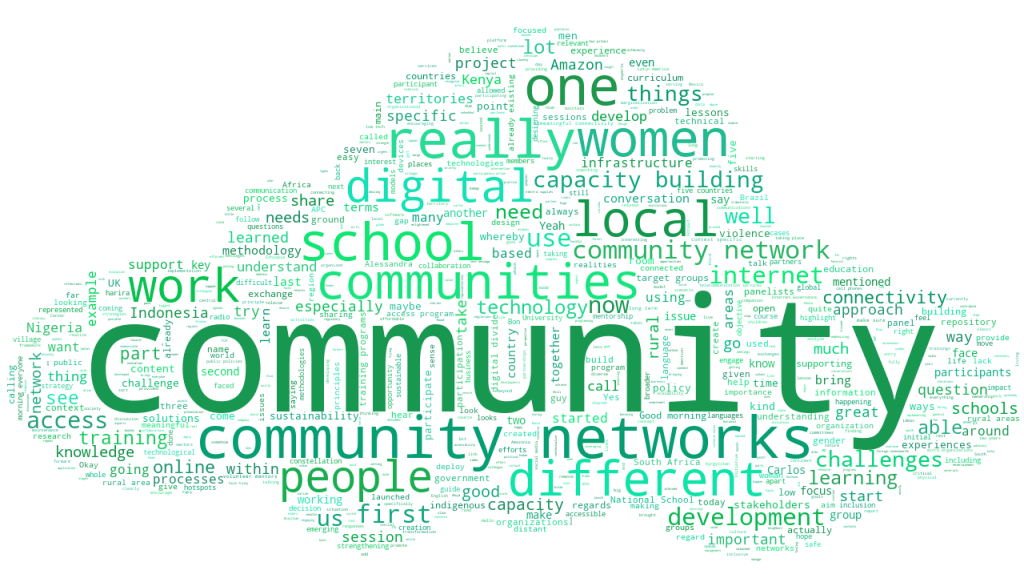Lessons learned from capacity building in the Global South
30 Nov 2022 08:15h - 09:45h
Event report
This session shared experiences and reflections on integral capacity-building processes for the creation and management of local solutions for meaningful access in the Global South. The panel hosted representatives of organisations from Brazil, Kenya, Nigeria, South Africa, and Indonesia, who have been implementing strategies to promote meaningful access to telecommunications services with support from the UK Foreign Commonwealth and Development Office (FCDO).
One of these strategies were the national schools of community networks started in 2020, which aimed to enable the capacity-building processes in different countries to deploy and maintain community networks.
Each of the schools were established for several months in each of the five countries, after which time a stage of evaluation of these processes will be made. A community network repository will also be launched, which is one of the goals of this project – to share materials from the communities in an organised way for others to use.
The panelists shared some of the key learnings from establishing these schools. Each country has different needs and hence the training was specifically customised to meet the specific needs of each country. The development of the curriculum was done by experts who understood the needs and the realities of each community based on personal, social and technical development, as well as business development. The content was shared via an online learning management system. The participants did not even have their own cell phones to access this information, therefore basic infrastructure had to be provided. English language content was a barrier so the use of mother tongue was allowed. Some also brought in tribal phrases to make the content more familiar.
Lack of female participation was common and the gender balance was improved by encouraging a lot of peer-to-peer learning and dividing people into smaller groups.
Work with micro-organisations (such as in Nigeria) and partner volunteer mentors was effective to continue learning after online and in-person school. The volunteer mentors would visit the communities monthly to check on them and to support them in the areas of advocacy, sustainability, technologies, and other relevant issues in the community.
A virtual network was used to build a sense of community where people could engage with each other, learn and share from each other and thus attain greater sustainability of their community networks by addressing common challenges.
For the Amazon region, partnerships and working close with locals was of key importance as the region is highly inaccessible and connectivity frail.
The session increasingly noted that cross-sharing of common solutions would help everyone benefit from each other’s experiences.
By Mili Semlani
The session in keywords
Related topics
Related event


